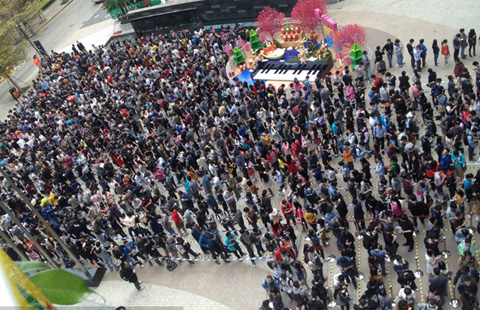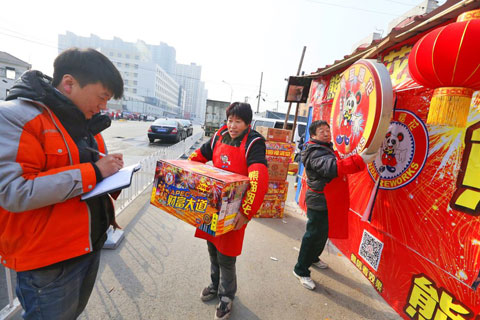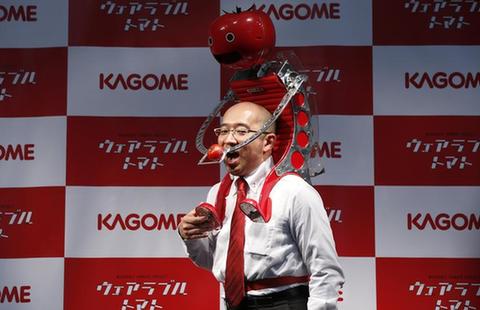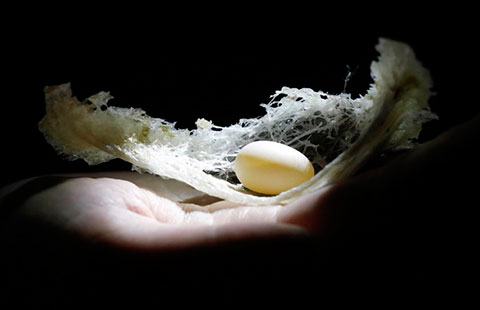PBOC conducts money injection after Spring Festival holiday
(Xinhua) Updated: 2015-02-26 19:08
 |
|
The headquarters of the People's Bank of China in Beijing. [Photo by Shi Yan/China Daily] |
BEIJING - China's central bank pumped money into the markets through reverse repurchase agreements (repos) on Thursday to ease liquidity after last week's national holiday.
The People's Bank of China (PBOC) injected 38 billion yuan ($6.2 billion) into the markets through 14-day reverse repos, a process in which central banks purchase securities from banks with an agreement to resell them at a future date.
The reverse repo was priced to yield 4.1 percent, according to the PBOC website.
The injection aims to ease the condition of tightened liquidity as a series of other operations made before the Spring Festival holiday are due this week.
The PBOC suspended open market operations on Feb 17 because of the Chinese Lunar New Year holiday, which started Feb 18.
Related story: PBOC expands SLF to ease liquidity by Xinhua News Agency
BEIJING - China's central bank will expand its standing lending facility (SLF), a liquidity support tool, to cover small and medium-sized banks nationwide in its latest effort to ensure money supply.
The People's Bank of China (PBOC) announced on Wednesday that branches across the country will be authorized to conduct SLF for small financial institutions after the success of a 10 region pilot that has lasted for over a year.
The PBOC said the move would address liquidity fluctuation before the Lunar New Year holiday and help stabilize the country's money market.
City commercial banks, rural commercial and cooperative banks and rural credit cooperatives will likely benefit.
SLF was brought in by the central bank at the beginning of 2013 to meet liquidity needs from banks, especially before holidays.
The PBOC pumped 80 billion yuan ($13.05 billion) into the money markets on Tuesday through 14-day and 21-day reverse repos to meet rising cash demand before the holiday.
- PBOC conducts money injection after Spring Festival holiday
- China's inflation likely to rebound in Feb
- China to add 200 million 4G users in 2015: Official
- Shanghai index soars 2.15%
- China's R&D expenditure surges
- Sharing a dream: China' s budget airline pioneer
- Factory activity edges back into expansion zone
- Tencent gifts red envelopes to employees

















